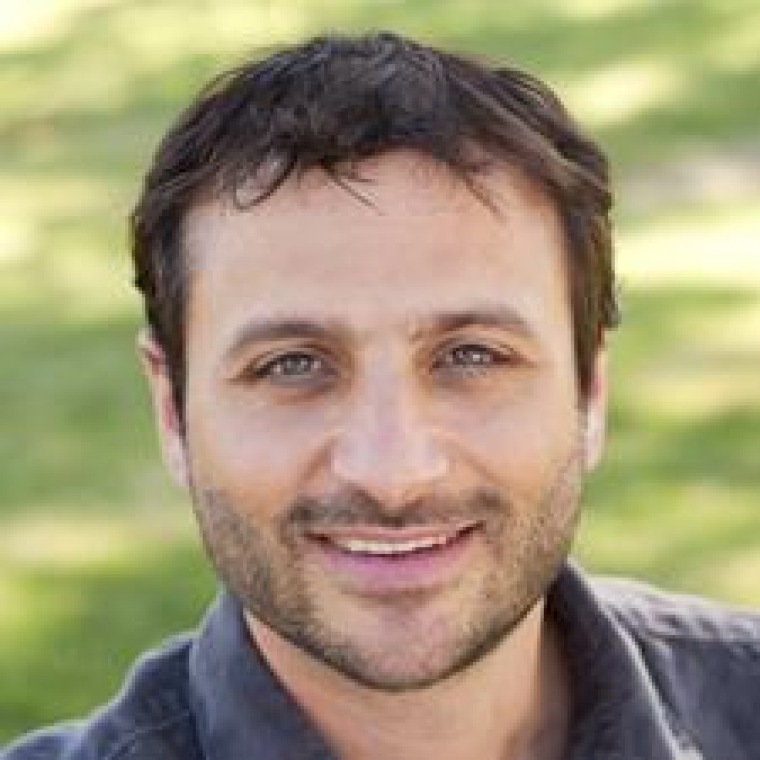Zack Guido (Bolivia) . . . Climate Change RPCV

Zack Guido (Bolivia 2000-03)
Zack Guido is Program Manager at the University of Arizona’s International Research and Application Program (IRAP).
climate impacts on water resources, co-producing end-to-end climate services, and climate risk management.
Guido has also conducted research to advance climate adaptation planning with Arizona municipalities and worked with Federal emergency managers to develop tailored climate information. In these efforts, Guido employs frameworks for the co-production of science in order to make climate information more credible, relevant, and useful. Guido has extensive international research and practice experience.
A three-year Peace Corps stint in Bolivia between 2000 and 2003 subsequently paved the way for him to co-found a 501(c)3 non-profit organization to work with rural Bolivians to make their water resources more resilient to shortfalls from drought and retreating glaciers. This topic also became part of Guido’s PhD dissertation (2015) at the University of Arizona’s School of Natural Resources and Environment.
Guido has also worked as a hydrogeologist consultant, developing water resources in the hyper-arid Atacama Desert in Chile.
Zack,
In one small segment of one sentence, you go to the core of an important issue: the need to develop “end-to-end climate services”. I interpret to this to say that mitigating the impact of climate change on subsistence farmers around the world is a complex and challenging task spanning from the client scientist in the lab, to the men and women of a community who require information and, in most cases, resources necessary to implement the innovations that will make a difference in their survival.
John Kerry recently listed one of the unknowns of combating climate change as being whether poor, rural, isolated villages will be ready and capable of implementing the innovations needed for protect their futures. It is an old question: How do we prepare for change. Is it a matter of choice or chance.
John, thanks one more time for sharing information, which is backbone for solving complex challenges.
Zack, thanks for your work and your dedication in seeking answers to unprecedented dangers.
Where do go from here? I would like to learn much more about your work and your ideas, and share with you some of our approaches to preparing rural communities to be at the village gate for the arrival of those who constitute the large cadre of those seeking solutions.
How do I contact you?